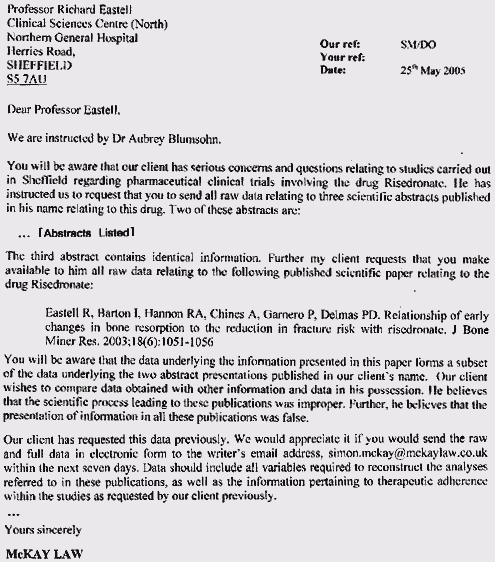 | Drug firms' lobby tactics revealed Evans and Boseley, The Guardian, September 28, 2006 "In May, the health minister Andy Burnham met Peter Dolan, then chief executive of Bristol-Myers Squibb and chairman of the Pharmaceutical Research and Manufacturers of America (PhRMA), the powerful industry body in the US." "Over the eight months from October to May this year, senior executives from 10 drug companies met ministers to press for favourable decisions on their products." |
"Documents obtained by the Guardian under Freedom of Information legislation reveal that": The world's biggest drug company, Pfizer, warned ministers that it could take its business elsewhere. "Pfizer ... noted that there is complacency in some quarters of Whitehall regarding their continued investment in the UK," the minutes of the meeting record." That sounds like blackmail to me.
A memo also reports the summing-up of the view of Johnson & Johnson: "NICE should take into account what the companies see as the overwhelming views of patients, carers and clinicians on the efficacy of the drugs." "Pfizer asked for more public support from the government for a robust pharmaceutical industry in the UK."
Bristol-Myers-Squibb director of external affairs stated "companies want to invest in countries with a 'favourable environment.'"
I wonder who pays those those patient groups and those clinicians? I wonder who pays those academics and journals who publish selective or distorted findings? I wonder who funds the whole system of thought in medicine? I wonder who pays those guideline writers and even kids and teachers for that supposedly "overwhelming view"? Pfizer and its friends perhaps?
It stinks. The scientific method, that supposed cornerstone of Western civilization, has been replaced by the political method. This is characterized by a fuzzy relationship with reality, conflicts of interest and outright lies.
The statement, from the preface to C. S. Lewis's "The Screw Tape Letters" could serve as a summary of all that that is wrong:
"The greatest evil is not now done in those sordid 'dens of crime' that Dickens loved to paint. It is not even done in concentration camps and labour camps. In those we see its final result. But it is conceived and ordered (moved, seconded, carried, and minuted) in clean, carpeted, warmed, and well-lighted offices, by quiet men with white collars and cut fingernails and smooth-shaven cheeks who do not need to raise their voices. Hence, naturally enough, my symbol for Hell is something like the bureaucracy of a police state or the offices of a thoroughly nasty business concern."
That is what we are up against. It is not about that overwhelming view of "patients careers and clinicians". It is not about the free market or about innovation. It is not even about honest science, honest Universities, honest government or honest drug regulation. It is about power and the golden rule in a monopolistic and distorted market - he who holds the gold and the ear of government rules.
See also the excellent discussion at Health Care Renewal about the Guardian report.
Earlier|Later|Main Page
 Pending further description of methodology in
Pending further description of methodology in 
